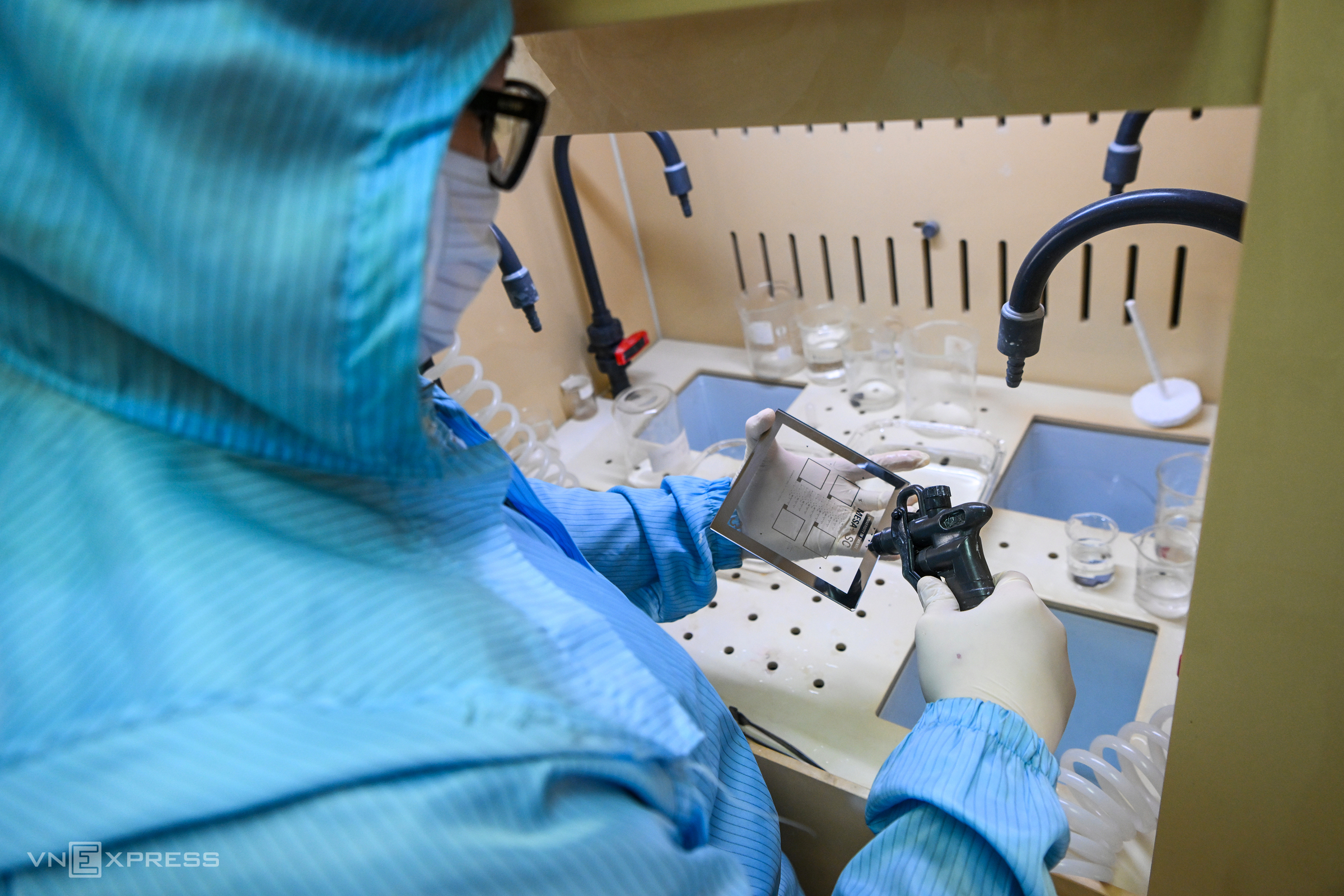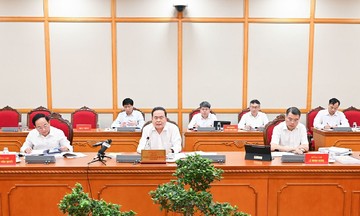The Ministry of Education and Training is seeking feedback on a draft amendment to the Law on Vocational Education. It proposes that the government facilitate research, application of science and technology, and innovation in vocational schools. It also suggests combining training with research, production, business, and services to enhance educational effectiveness.
Article 41 of the draft law addresses policies to promote international cooperation, incentives, and foreign investment in vocational education. It also discusses supporting domestic institutions in providing training services abroad. The government will prioritize funding and support lecturers and teachers to participate in training and professional development abroad, focusing on key areas, industries, and new technologies that serve the national development strategy.
The draft law allows vocational schools to recruit highly qualified foreign lecturers, experts, and scientists, or overseas Vietnamese, for teaching and research.
According to the Ministry of Education and Training, this new policy aims to implement Conclusion 91 of the Central Committee, focusing on modernizing vocational education and enhancing scientific research potential within training institutions.
 |
The Nano and Energy Center at Hanoi National University of Science, Vietnam National University, Hanoi, a center for semiconductor training and research. Photo: Giang Huy |
The Nano and Energy Center at Hanoi National University of Science, Vietnam National University, Hanoi, a center for semiconductor training and research. Photo: Giang Huy
The draft law guides the development of vocational education towards an open, flexible, integrated approach aligned with the labor market. The goal is to adjust the industry and occupational structure, improving the quality of human resources, especially in high-tech and digital economic sectors like artificial intelligence, data science, semiconductors, and new materials.
The Ministry of Education and Training assesses that current vocational education faces challenges related to industry and occupational structure, with training levels and programs not meeting the demand for high-quality technical personnel in production and business, especially in key economic sectors. Training in high-tech fields like microchip manufacturing, biology, and new materials lacks initiative and fundamental solutions.
Therefore, a major focus of this amendment is prioritizing resources for the comprehensive development of vocational education, encompassing personnel, facilities, and training programs. This aims to meet the requirements of socioeconomic development and the scientific and technological revolution.
The draft amendment to the Law on Vocational Education is expected to be submitted to the National Assembly for discussion and approval at the 10th session in 10/2025.
Son Ha












